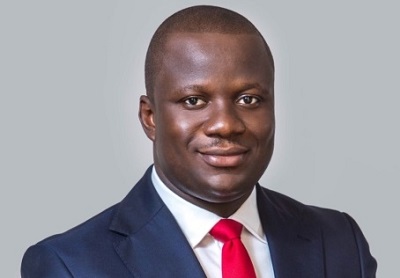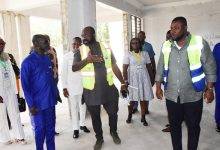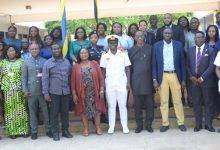
The Ghana Centre for Democratic Development (CDD-Ghana), with support from Ford Foundation, has initiated a project to track the usage of mineral revenue in mining districts in the country.
Named the “Mining Districts Development Scorecard (MDDS) project,” the two-year project seeks to promote transparency, accountability and improve social and human development ‘outcomes.’
The project’s long-term goal is to empower and strengthen community participation in natural resource governance and management for better development at the sub-national level in Ghana.
A statement issued in Accra, yesterday, by the CDD-Ghana, said the project was being implemented in eight mining districts in Tarkwa-Nsuaem, Prestea-Huni Valley, and Wassa East/Mpohor in the Western Region;
Others are Bibiani Anhwiaso Bekwai in the Western North Region; Birim North in the Eastern Region; Obuasi in the Ashanti Region; Asutifi North in the Ahafo Region and Upper Denkyira West in the Central Region.
The CDD-Ghana said the districts were carefully selected, based on the quantum of mining resource they receive; and their socio-economic outlook, using the District League Table scores and poverty scores from the Ghana Statistical Service.
Another indicator for selection, the statement said, was the presence of social accountability-demanding groups such as the media and civil society groups that could use the information from the project for advocacy engagements.
It said the project would be executed in three phases with the first phase, “the preparatory stage,” which was underway, involving engagement with key stakeholders, who manage mineral resources and revenues.
They include the Ministry of Local Government and Rural Development, the Office of Local Government Service and the Minerals Commission.
The project’s first phase would also involve scoping visit to the selected districts to identify key issues and actors for the project, while the second phase will focus on data collection from the eight districts.
This was to assess how much mineral revenues they received, how much of it was being used, what the funds were being used for, and if they responded to the social development needs of the communities, according to the statement.
“The information gathered will be used to rank the eight districts to determine the best performing mining district in resource governance management. The third phase will see the launch of the report,” it said.
According to Mr Awal Mohammed, a Senior Research Analyst and Team lead, Social Accountability and SDGs Programming at CDD-Ghana, the project’s end goal was to solve the problem of transparency in the management of the revenues received from mineral revenues.
“If we have transparent and accountable institutions managing these resources, they would be used effectively to respond to the socio-economic needs of the people to bring about the needed development,” he said.



